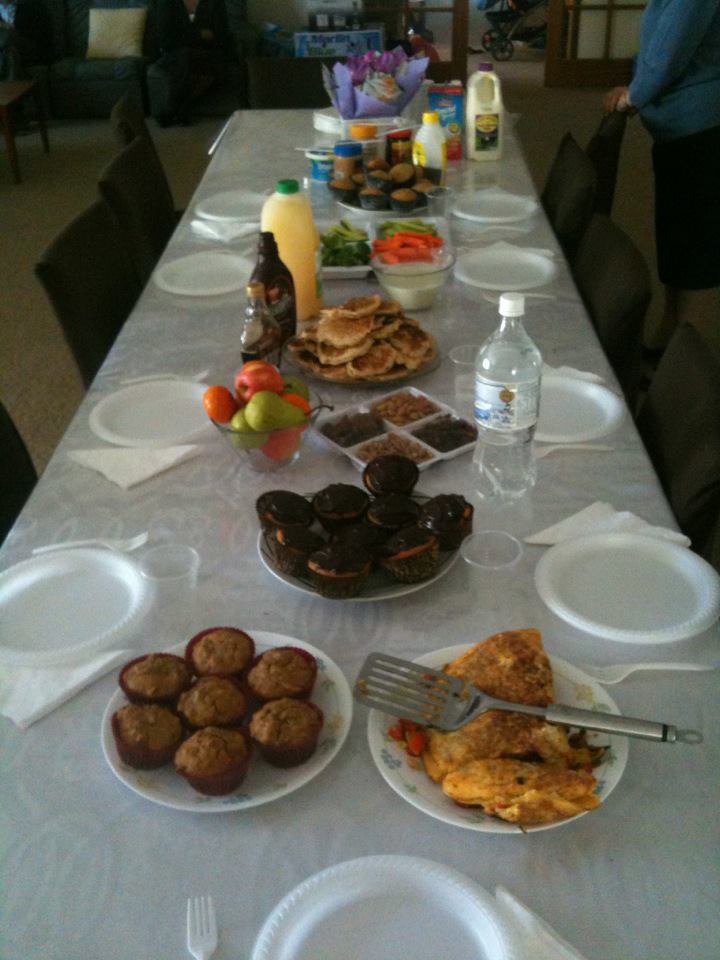Parshas Toldos: The Value of Hard Work
Most of us would love a free handout. Especially as Jews, we seem to be drawn to things that are “free,” be it a “buy one get one free” sale or simply something someone is willing to give us. Many people play the lottery hoping to win millions of dollars for no effort at all.
Yet, the reality is that the things in life that value most to us are those for which we work the hardest. Think about the accomplishments of which you are most proud. You passed a difficult exam, came in first place in a marathon, or headed a project that changed the entire face of your company. No matter what our age or life experience, we all have some things that make us feel really good about ourselves.
The one thing all of our diverse achievements have in common is that we worked hard to earn them. It is why we will be telling everyone we meet about the book we published for the rest of our lives, while the large inheritance we got will pass quickly from our social conversation. Things that we work hard to earn simply have more value to us.
Of course, all of our achievements are ultimately attributable to G-d. The credit we get for our mitzvot is on account of the effort we put in, not our actual accomplishments. It is G-d who gives us the clarity of mind to pass that exam, the physical ability to run in the marathon, or the resources to pull off a big business project. At any point in time, He can take these blessings from us. This is why in Judaism, pride is not an admirable quality. The line between pride and arrogance is a fine one.
There is one notable exception: When it comes to studying Torah. When it comes to studying Torah it is acceptable to possess a small amount of pride. A small amount of pride in Torah knowledge presents itself as confidence and can inspire others to learn Torah, too.
When Rivka was pregnant, she was in tremendous pain. As she passed a house of idol worship, Esav would run to get out of her womb. As she passed a house of Torah study, Yaakov would run to exit her womb. It makes sense that Esav would want to escape to go serve idols, as was his nature, but it does not make sense that Yaakov would want to leave the womb. After all, babies in the womb are taught the entire Torah. Yet once they exit it, they forget all they have learned. If Yaakov is so Torah-focused, why would he want to leave the womb where he knows all of Torah to enter the world knowing no Torah?
Yaakov wanted the opportunity to learn the Torah for himself. It is our purpose in life to work hard to become closer to G-d, both through learning Torah and doing mitzvot. When we work hard to do these things, we achieve our life’s purpose. This is why it is necessary for a baby to forget all the Torah (s)he has learned: in order to re-learn it on his/her own.
We all have the opportunity to put effort into learning Torah and doing mitzvot and we should feel good about ourselves when we do so. But why wait? Let’s start today!
Shabbat shalom!
Read more on Parshas Toldos: When You See Red (the Torah View on Anger)
Read more on Parshas Toldos: Esau Teaches Us Why it is Important to Exercise Self-Control… And to Show Gratitude Instead
Read More






